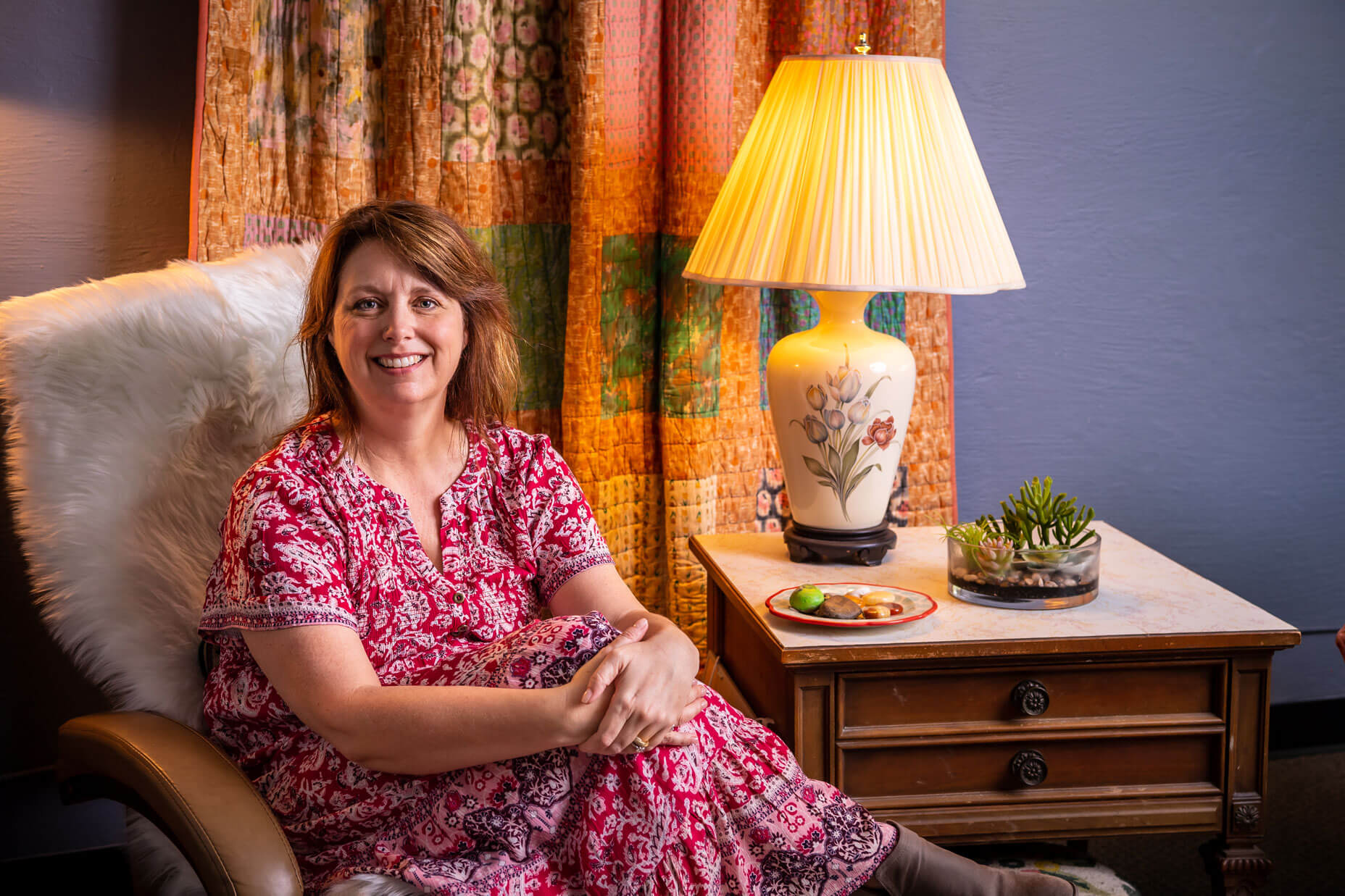- About Us
- Services
- Adults
- Alcohol & Substance Abuse
- Cancer Services
- Children, Adolescents, Parents, and Families
- Clergy and Church Communities Spirituality & Psychotherapy
- CMS Employees
- Couples
- Eating Disorders
- First Responders: Fire & EMS Departments, Law Enforcement & Dependents
- Healthcare Workers
- LGBTQ
- Low-Fee Psychotherapy
- Trauma Recovery
- YWCA Women In Transition Program
- New Clients
- Patient Survey
- Latest News & Events
- Contact
Donate
(704) 554-9900
Sharon Road/SouthPark
5203 Sharon Road
Charlotte, NC 28210
View Map
Selwyn Avenue/Myers Park
3009 Selwyn Avenue
Charlotte, NC 28209
View Map
West Trade Street/Uptown
200 West Trade Street
Charlotte, NC 28202







